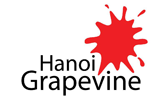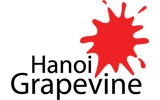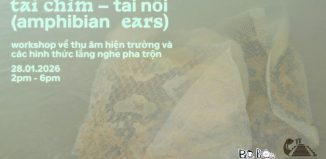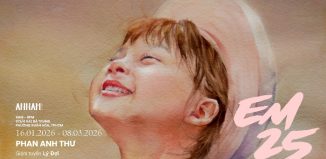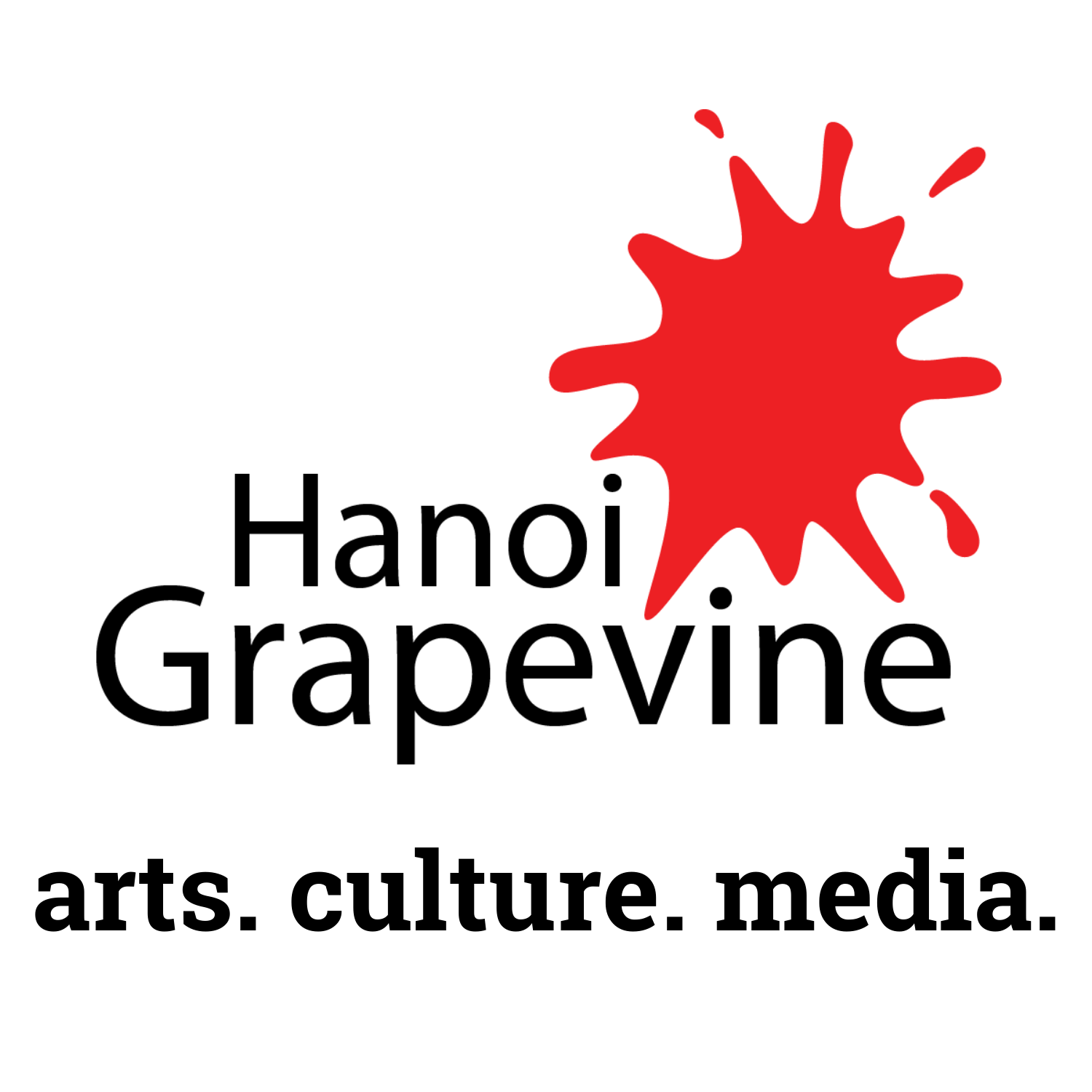Culture Lab: Paradigm

Mon 14 Dec 2020, 08 pm
Goethe Institut
56-58-60 Nguyen Thai Hoc, Ba Dinh, Hanoi
Registration link
From Goethe Institut:
Concert with interactive video performance with the visual artists Triệu Minh Hải and Ngô Thu Hương, the violinist Trần Ngọc Đức, the pianist Trần Thu Thảo and the cellist Bùi Hà Miên.
Getting inspired from the word “Paradigm” which is defined as abstract perspectives or set of ideas giving meaning to a particular object, the work wants to query the universal notions of Mẫu (Mother) beliefs in Vietnam within the flow of feudal ideology.
The idea will be expressed through a performance of the trio (violin, cello and piano) interacting live with sound recording and a 3-channel video installation. The 3- channel video content simulates the East Asian philosophy of universe – the continuation and transformation of the Confucian ideology in nowadays life; Vietnamese folk stories in relation with the East Asian culture; presenting the spiritual aspects of Đạo Mẫu (the worship of Mother Goddesses) in Vietnam. By presenting a improvisation perforamance between the musicians and the 3-chanel video, the artworks triggers the dialogue about the boundary between East and West, tradition and modern.
The performance re-questions whether there is a dividing line between the above extremes, where the intersections are, and the goal of the “discussion” is to find personal identity among the social identity. How does an individual identity really exist in a multitude of different cultural overlays and how will variations of each affect the culture?
Triệu Minh Hải (*1982)
gained a Bachelor degree in Painting from the Vietnam University of Fine Art in 2013. He ist very interested in the relationship between art and science. He uses various media such as pencil drawing, painting, ceramic and video to visualise his observation and understanding of natural phenomena. Triệu Minh Hải has exhibited in group exhibitions both in Vietnam and abroad, including The Foliage 2 (2018, VCCA, Hanoi), From silence to shouting (2018, Peace Foundation, Jeju), Miền Méo Miệng (2015, Bildmuseet, Umea) and Latcarf-Fractal (2014, Nhà Sàn Collective).
Ngô Thu Hương (*1993)
is living and working in Hanoi. She graduated with Bachelor from Fine Arts LASALLE College of the Arts in 2016. She experiments with various materials ranging from oil paintings, ceramics to video. Her works capture the process of identity transformation within different contexts.
Her works have been exhibited at exhibitions: Event Horizon, Hanoi, Vietnam (2019); Don’t Stand | The Future of Tradition’s open studio, Hanoi. Vietnam (2019); Art Moves, TCC Cafes x LASALLE, Singapore (2017); The LASALLE Show, Praxis Space, Singapore (2016). She is also recognized as one of the significant artists of 2019 with the Audience’s Choice Award organized by Hanoi Grapevine.
Nguyễn Ngọc Đức (*1961)
graduated from the Academy of Music Vietnam in 1984. He is one of the leading violinists in the Vietnam Symphony Orchestra.
Trần Thu Thảo (*1973)
a pianist and has been acknowledged for her outstanding achievements while studying at the Hanoi Conservatory of Music. In 1987 she studied at the Gnessin Russian Academy of Music, Moscow.
Bùi Hà Miên (*1983)
In 1992, she was accepted to study at the Hanoi National Conservatory (now the National Academy of Music of Vietnam). In 2017, she was awarded a scholarship to study abroad at the International Summer Music Academy in Austria. Other music festivals and tours she has participated in include Concert Tour in France (2007), Beethoven Festival in Bonn, Germany (2009), Concert Tour in America (2010), Asia Orchestra Week in Japan (2012) and China-ASEAN Music Week in China (2015, 2016). Bui Ha Mien is currently a cello instructor at the Vietnam National Academy of Music and is a member of several chamber music groups including Trio Hanoi and Apaixonado String Quartet.
Follow updates on event’s page.
 | Goethe-Institut Hanoi 56-58-60 Nguyen Thai Hoc, Ba Dinh, Hanoi Tel.: +84 24 3734 2251 Fax: +84 24 3734 2254 [email protected] website |
